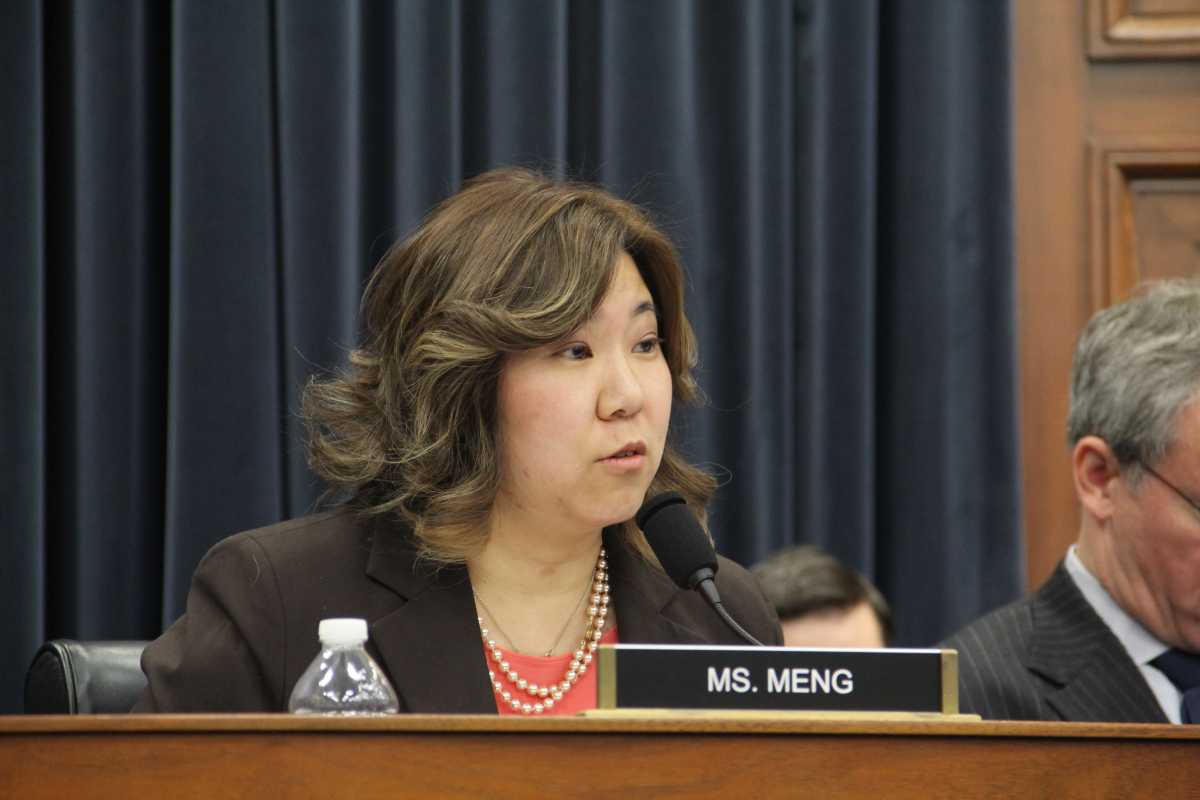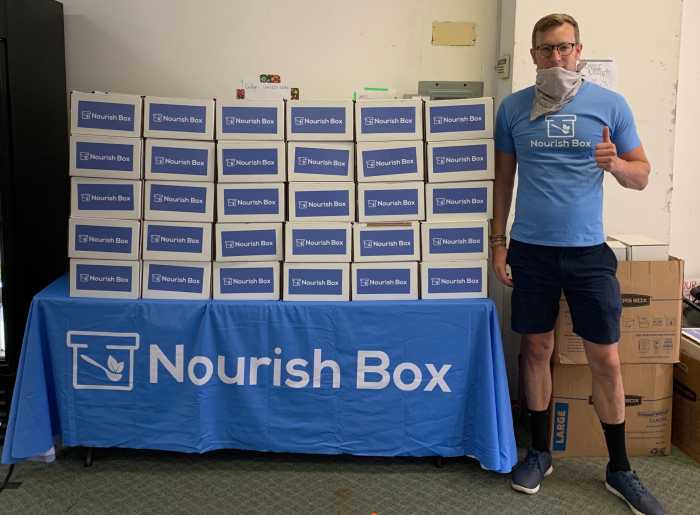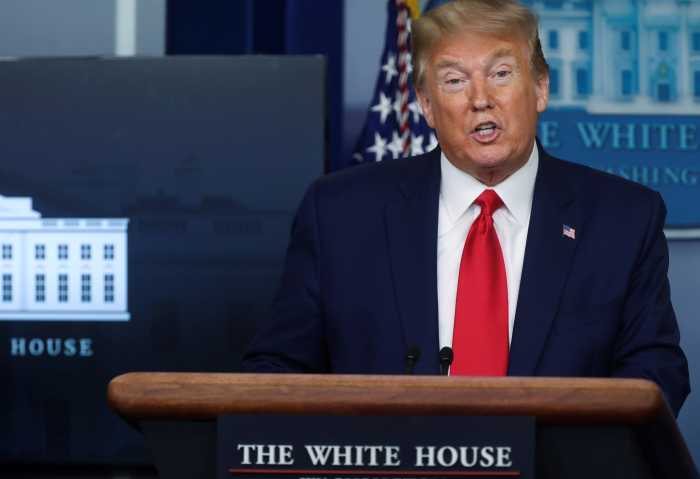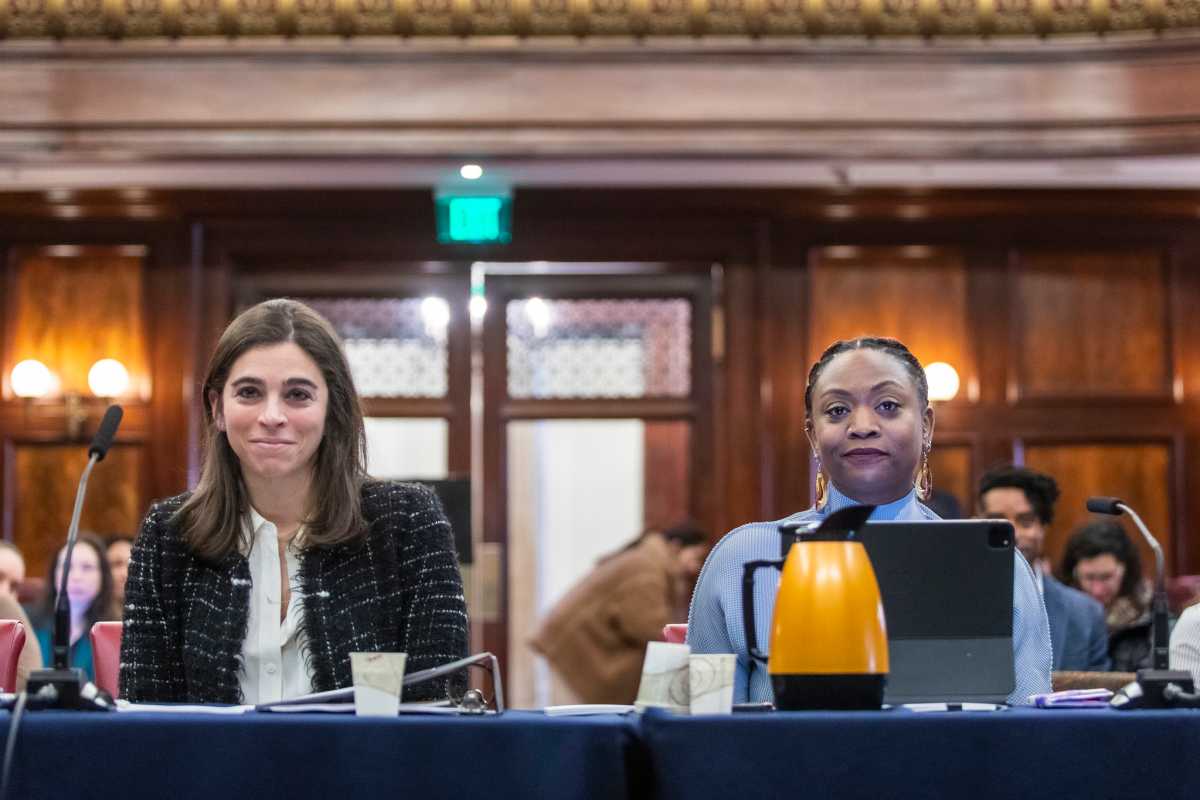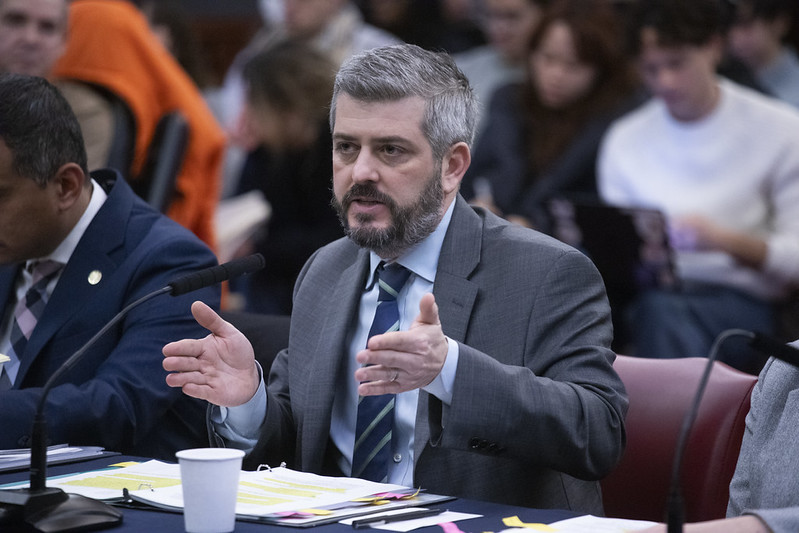Nearly 18 months after the COVID-19 pandemic shone a bright light on the far-reaching reality of the homework gap and more than 12 million students in the United States were unable to access remote learning, a Queens lawmaker is introducing new legislation to ensure that students will continue to receive internet access following the COVID-19 pandemic.
Queens Congresswoman Grace Meng along with Senator Edward Markey (D-MA), Senator Chris Van Hollen (D-MD), and an additional 15 senators and 25 House members introduced The Securing Universal Communications Connectivity to Ensure Students Succeed (SUCCESS) Act, on Thursday, July 22.
The legislation builds on the Emergency Connectivity Fund created under the American Rescue Plan and provides schools and libraries with $8 billion a year over five years — for a total of $40 billion — to continue to provide Wi-Fi hotspots, modems, routers, and internet enabled devices to students, staff and library patrons.
The bill continues the lawmakers’ efforts to close the homework gap facing 12 to 17 million students in the U.S. who do not have internet access at home, and support distance learning after the pandemic is over.
“As our nation works to move past the pandemic, we must use this opportunity to help all students get online,” Meng said. “Increasing internet access is a vital issue that I have been proud to champion with Senator Markey, and fighting for the $7 billion that was included in the American Rescue Plan was a great victory. But more must be done to build on this critical down payment.”
Meng, a mother of two young children, says she knows firsthand how crucial this is, and that each and every student must have the tools they need to succeed in school.
“The SUCCESS Act is an essential component to permanently closing the homework gap. I urge all of my colleagues in both chambers to help close this digital divide by supporting our effort to secure additional funding for schools and libraries,” Meng said.
Even before the current emergency, students without connectivity were at an educational disadvantage because they could not complete homework assignments that required internet access after class, according to the lawmakers.
The pandemic only made this situation worse as schools shifted to online learning, leaving students without internet access unable to continue their education. Under the Emergency Educational Connections Act, a part of the American Rescue Plan, Congress provided a one-time, $7.17 billion appropriation to connect students and library patrons struggling to learn at home.
The SUCCESS Act would provide crucial additional funding to ensure that the kids who are finally being connected by the Emergency Connectivity Fund are not disconnected once the original funds run dry.
According to Markey, the homework gap is an educational inequity that long predates the current emergency, and funding is needed to ensure that no student is forced to sit in a strip mall parking lot, hoping to connect to a local store’s internet in order to finish their homework.
“This essential funding will build on the newly created Emergency Connectivity Fund and help ensure that the homework gap does not grow into a damaging learning and opportunity gap following the pandemic for our children, particularly those who live in communities of color, low-income households, and rural areas,” Markey said.
Van Hollen said too many students in Maryland and across the country still lack reliable internet access and face significant barriers in completing their schoolwork.
“To close this gap, we must get funding straight to where it’s needed,” Van Hollen said.
Jessica Rosenworcel, the acting Federal Communications Commission (FCC) chairwoman, said the homework gap is the cruelest part of the digital divide.
“The pandemic has made it crystal clear that too many students are unable to complete their school assignments because they do not have internet access at home,” Rosenworcel said. “This means they fall behind in the classroom, and we all lose out when we have a generation ill-prepared to enter a 21st-century economy.”
The lawmakers’ legislation has received support from education professional associations and organizations across the country.
Becky Pringle, president of the National Education Association, said the pandemic exposed and exacerbated the inequities of the education system like internet connectivity.
“All students — no matter where they’re from, where they live or what they look like — deserve access to the tools and resources that will help them be successful in school and in life. Yet too many students — especially those in rural areas, students living in poverty and Native and communities of color — do not have affordable access to the internet,” Pringle said. “While the American Rescue Plan helped provide vital funding to the E-rate program, the gaps in inequality still exist for our most vulnerable students.”
Patty Wong, president of the American Library Association, said they look forward to the swift passage of the legislation.
“Since the dial-up days, libraries across the country have stood in the digital gaps to connect our communities, especially for those most vulnerable,” Wong said. “Today’s libraries are committed to improving internet access and providing the digital literacy support essential to advancing educational and economic opportunity for all. The promise of the SUCCESS Act means more libraries will have access to critical funding to sustain or initiate broadband equity programs through the Emergency Connectivity Fund.”

